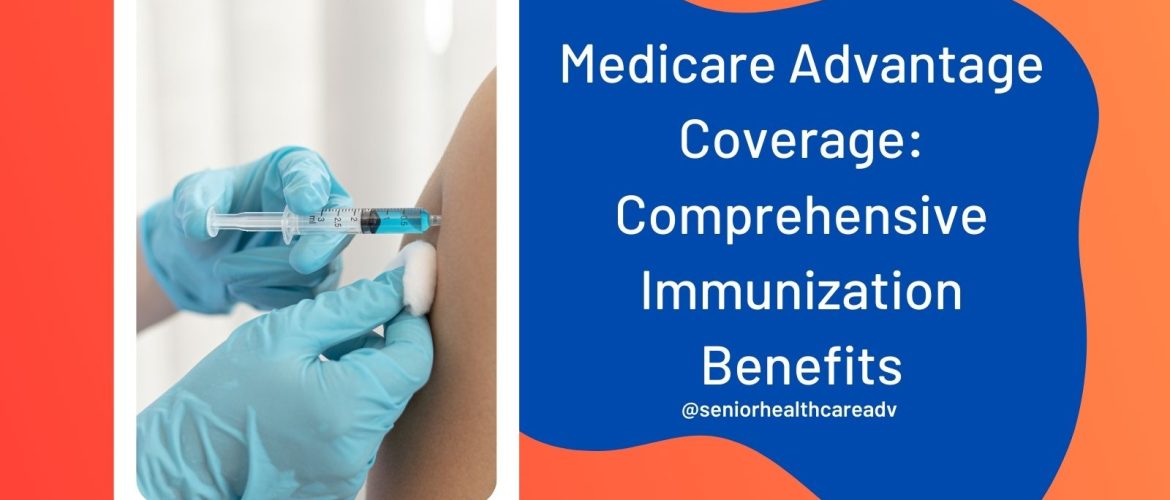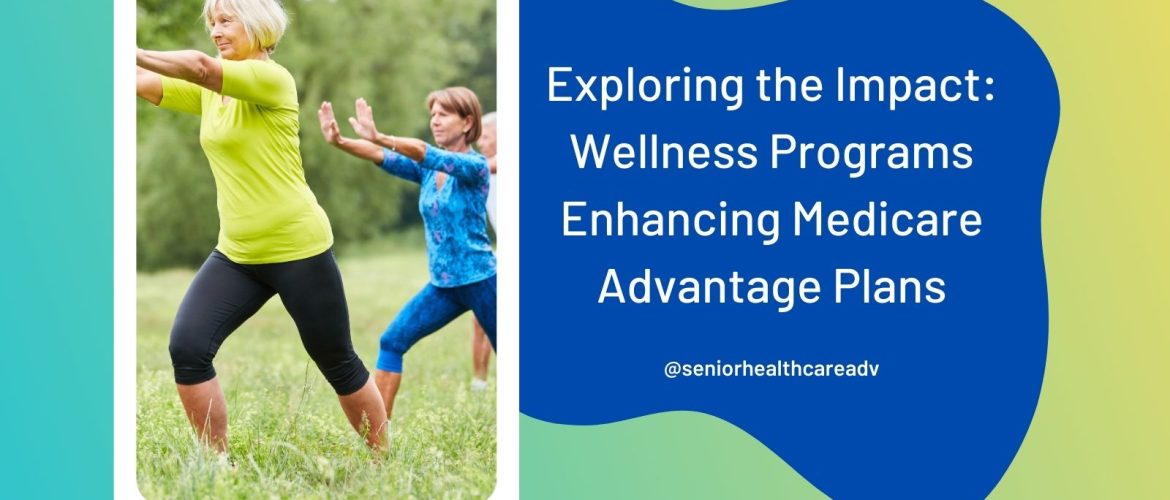Unraveling the Mystery: A Deep Dive into the Top #5 Myths about Medicare Advantage Plans There are a myriad of misconceptions surrounding Medicare Advantage plans. Today, we will tackle these myths head-on and lay bare the facts. So, let’s debunk some common myths about Medicare Advantage plans. Myth #1: Medicare Advantage plans are more expensive than traditional Medicare Fact: Medicare Advantage plans can actually be cost-effective alternatives to traditional Medicare. Many of these plans offer low, or even zero, premiums. This makes
Fall Prevention for Seniors: Asses Your Risk and Stay Safe! September is Falls Prevention Awareness Month, which offers a chance for you to do your fall risk assessment and to become proactive in keeping yourself safe. According to the Centers for Disease Control (CDC), approximately 3 million seniors are tended to in emergency rooms every year for injuries related to falling, and approximately 20% of falls end with serious injuries, such as head injuries or broken bones.
Medicare Advantage Coverage: Comprehensive Immunization Benefits Medicare Advantage plans are vital in providing comprehensive healthcare coverage to older adults. Regarding immunizations and routine vaccines, Medicare Advantage offers many benefits to older plan participants. These plans prioritize preventive care, ensuring that beneficiaries have access to recommended immunizations and vaccines. Medicare Advantage works for immunizations, including routine vaccines, boosters, and vaccines specifically provided for older adults. Coverage for Routine Vaccines Medicare Advantage plans cover a range of vaccines that are essential
Exploring the Impact: Wellness Programs Enhancing Medicare Advantage Plans Medicare Advantage plans have gained popularity among older adults in recent years due to their additional benefits and lower out-of-pocket costs compared to traditional Medicare plans. One of the biggest benefits that Medicare Advantage plans offer is wellness programs. These programs are designed to help seniors improve their health and well-being, which can lead to better health outcomes and reduced healthcare costs.




